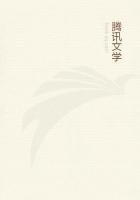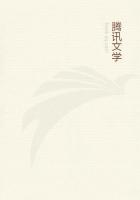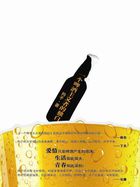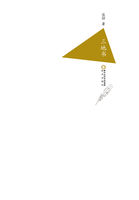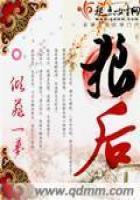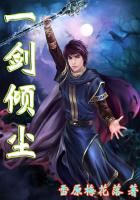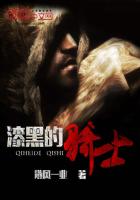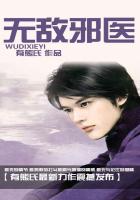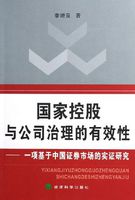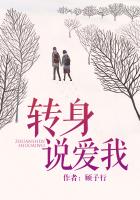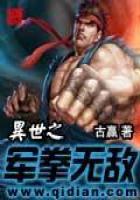Take his Essays,--these are among his best-known works,--so brilliant and forcible, suggestive and rich, that even Archbishop Whately's commentaries upon them are scarcely an addition. Surely these are not on material subjects, and indicate anything but a worldly or sordid nature. In these famous Essays, so luminous with the gems of genius, we read not such worldly-wise exhortations as Lord Chesterfield impressed upon his son, not the gossiping frivolities of Horace Walpole, not the cynical wit of Montaigne, but those great certitudes which console in affliction, which kindle hope, which inspire lofty resolutions,--anchors of the soul, pillars of faith, sources of immeasurable joy, the glorious ideals of true objects of desire, the eternal unities of truth and love and beauty; all of which reveal the varied experiences of life and the riches of deeply-pondered meditation on God and Christianity, as well as knowledge of the world and the desirableness of its valued gifts. How beautiful are his thoughts on death, on adversity, on glory, on anger, on friendship, on fame, on ambition, on envy, on riches, on youth and old age, and divers other subjects of moral import, which show the elevation of his soul, and the subjective as well as the objective turn of his mind; not dwelling on what he should eat and what he should drink and wherewithal he should be clothed, but on the truths which appeal to our higher nature, and which raise the thoughts of men from earth to heaven, or at least to the realms of intellectual life and joy.
And then, it is necessary that we should take in view other labors which dignified Bacon's retirement, as well as those which marked his more active career as a lawyer and statesman,--his histories and biographies, as well as learned treatises to improve the laws of England; his political discourses, his judicial charges, his theological tracts, his speeches and letters and prayers; all of which had relation to benefit others rather than himself. Who has ever done more to instruct the world,--to enable men to rise not in fortune merely, but in virtue and patriotism, in those things which are of themselves the only reward? We should consider these labors, as well as the new method he taught to arrive at knowledge, in our estimate of the sage as well as of the man. He was a moral philosopher, like Socrates. He even soared into the realm of supposititious truth, like Plato. He observed Nature, like Aristotle. He took away the syllogism from Thomas Aquinas,--not to throw contempt on metaphysical inquiry or dialectical reasoning, but to arrive by a better method at the knowledge of first principles; which once established, he allowed deductions to be drawn from them, leading to other truths as certainly as induction itself. Yea, he was also a Moses on the mount of Pisgah, from which with prophetic eye he could survey the promised land of indefinite wealth and boundless material prosperity, which he was not permitted to enter, but which he had bequeathed to civilization. This may have been his greatest gift in the view of scientific men,--this inductive process of reasoning, by which great discoveries have been made after he was dead. But this was not his only legacy, for other things which he taught were as valuable, not merely in his sight, but to the eye of enlightened reason. There are other truths besides those of physical science;there is greatness in deduction as well as in induction. Geometry--whose successive and progressive revelations are so inspiring, and which have come down to us from a remote antiquity, which are even now taught in our modern schools as Euclid demonstrated them, since they cannot be improved--is a purely deductive science. The scholastic philosophy, even if it was barren and unfruitful in leading to new truths, yet confirmed what was valuable in the old systems, and by the severity of its logic and its dialectical subtleties trained the European mind for the reception of the message of Luther and Bacon; and this was based on deductions, never wrong unless the premises are unsound. Theology is deductive reasoning from truths assumed to be fundamental, and is inductive only so far as it collates Scripture declarations, and interprets their meaning by the aid which learning brings. Is not this science worthy of some regard? Will it not live when all the speculations of evolutionists are forgotten, and occupy the thoughts of the greatest and profoundest minds so long as anything shall be studied, so long as the Bible shall be the guide of life?
Is it not by deduction that we ascend from Nature herself to the God of Nature? What is more certain than deduction when the principles from which it reasons are indisputably established?
Is induction, great as it is, especially in the explorations of Nature and science, always certain? Are not most of the sciences which are based upon it progressive? Have we yet learned the ultimate principles of political economy, or of geology, or of government, or even of art? The theory of induction, though supposed by Dr. Whewell to lead to certain results, is regarded by Professor Jevons as leading to results only "almost certain." "All inductive inference is merely probable," says the present professor of logic, Thomas Fowler, in the University of Oxford.

